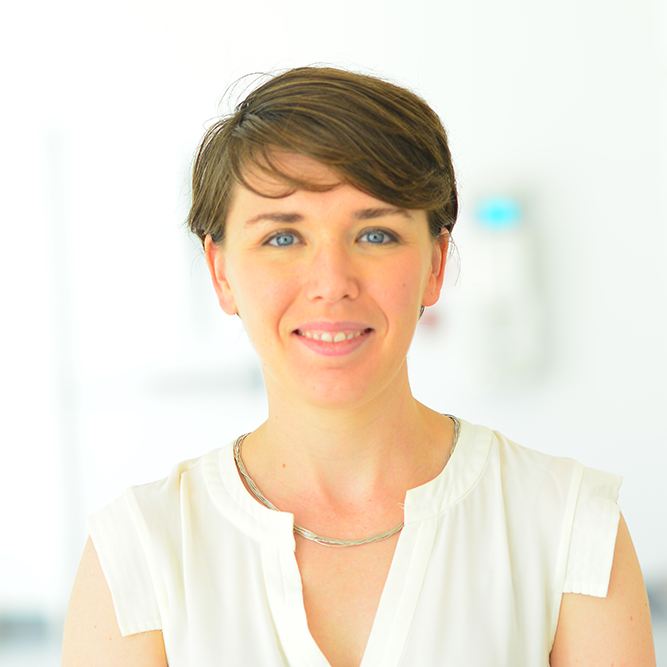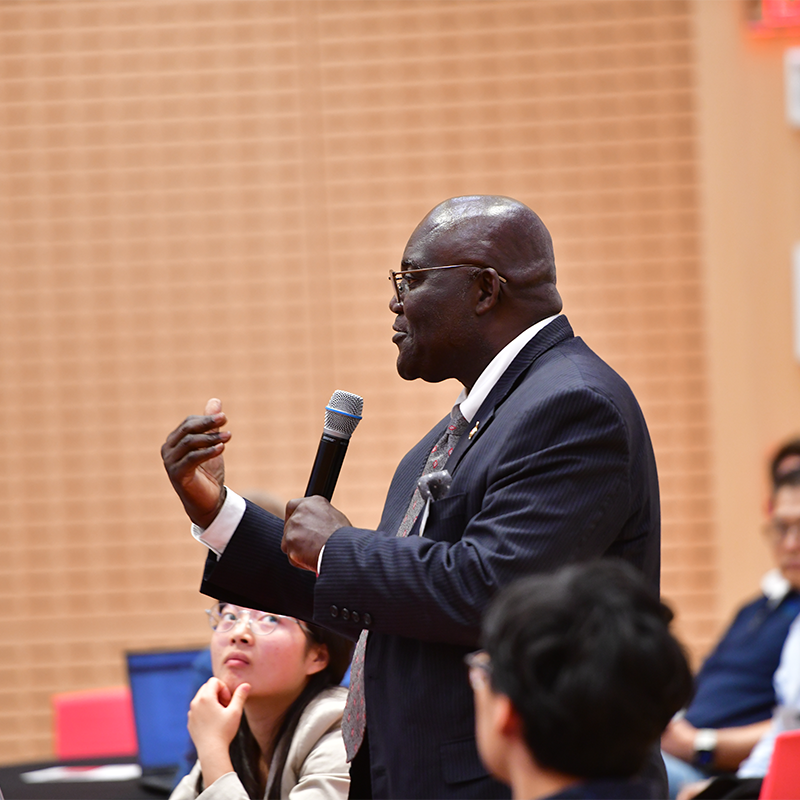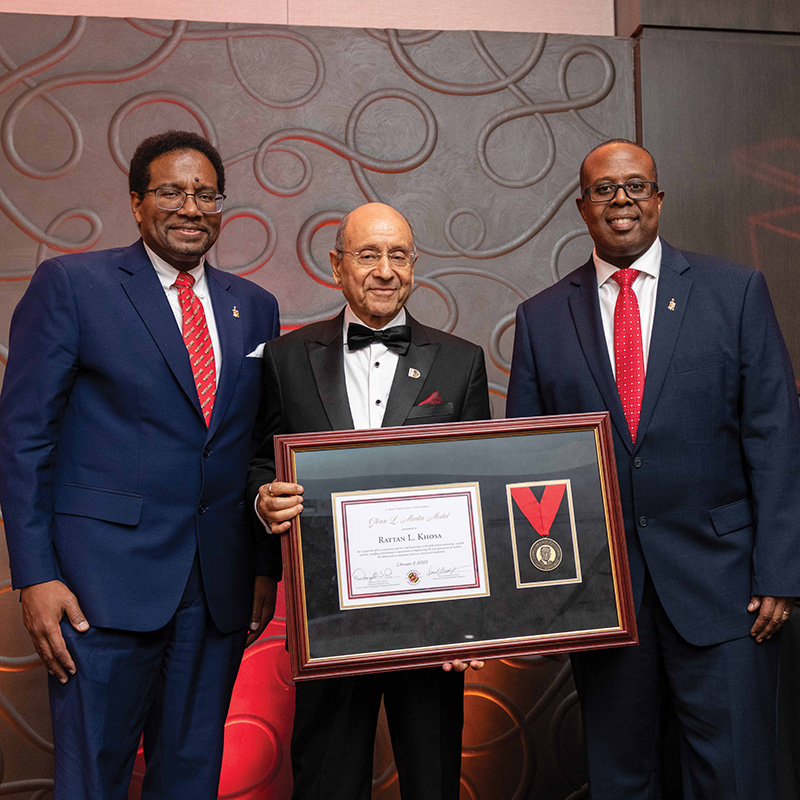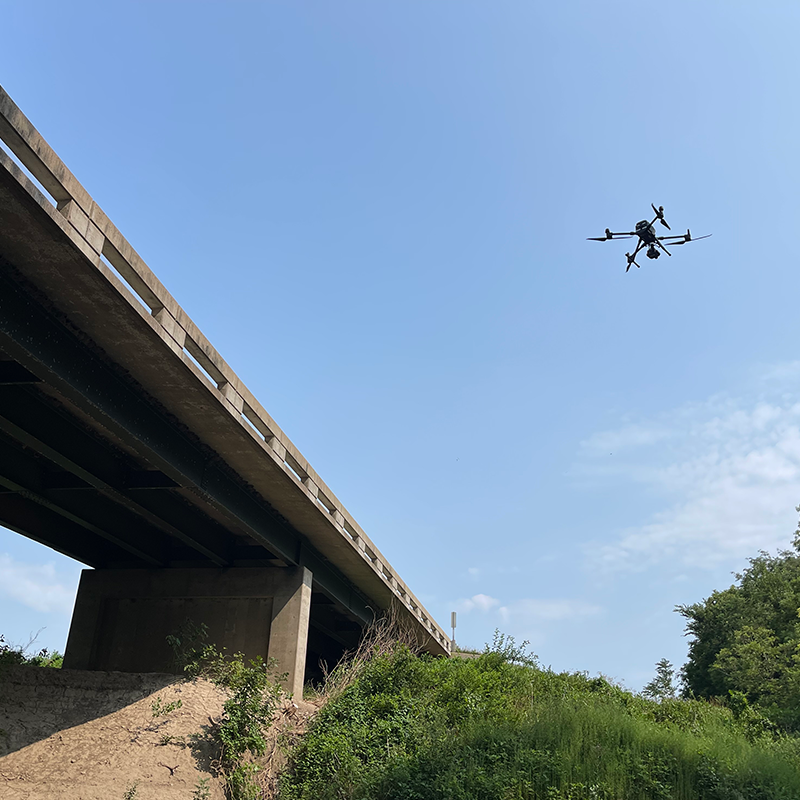No article found or not published for this site.










Recent Stories
Stories / Feb 16, 2026
Upchurch Receives Top Recognitions from ASCE, ITE

Stories / Feb 16, 2026
Search Open for Faculty in Water Resources Engineering

Stories / Feb 5, 2026
Celebrating Black History Month 2026

Stories / Jan 12, 2026
Reilly Awarded Sloan Foundation Grant for Resilience Research

Stories / Dec 31, 2025
New CEE Curriculum Ramps Up Project-Based Learning

Stories / Nov 21, 2025
Engineering at Maryland magazine solves for excellence

Stories / Nov 21, 2025
Goulias Receives 2025 AASHTO High Value Research Award

Stories / Nov 14, 2025
UMD Roundtable Examines Data Center Impacts

Stories / Nov 7, 2025
Taking a Shot at Success: Dean's Circle Spotlight

Stories / Oct 30, 2025
Affordable Bridge Inspection With AI
